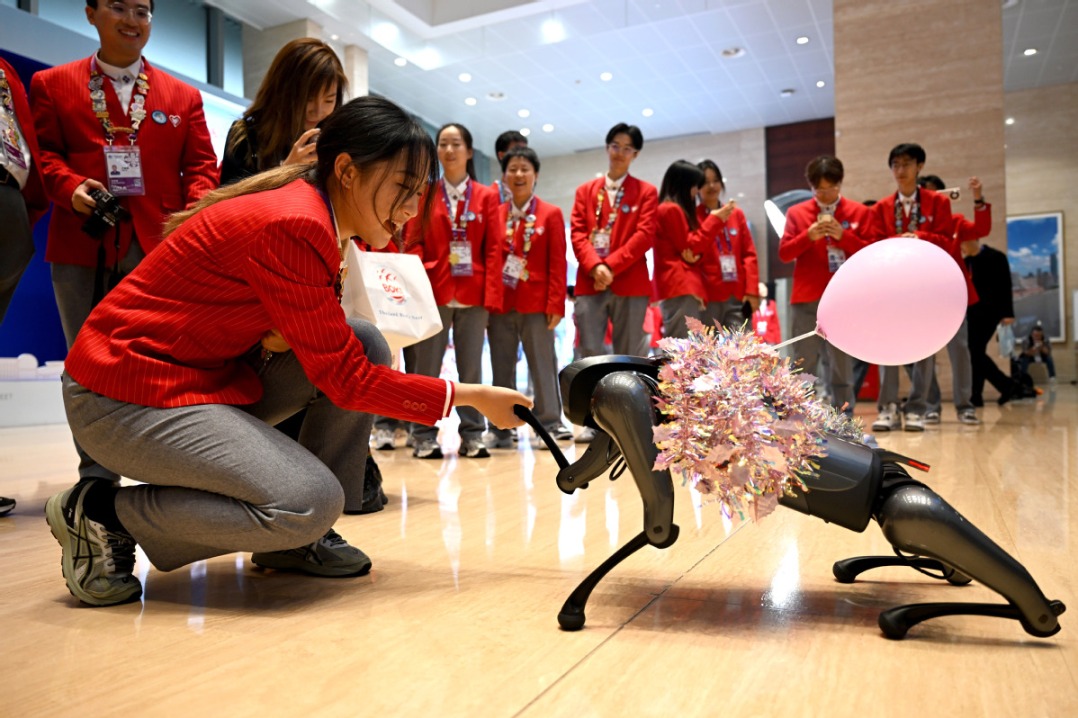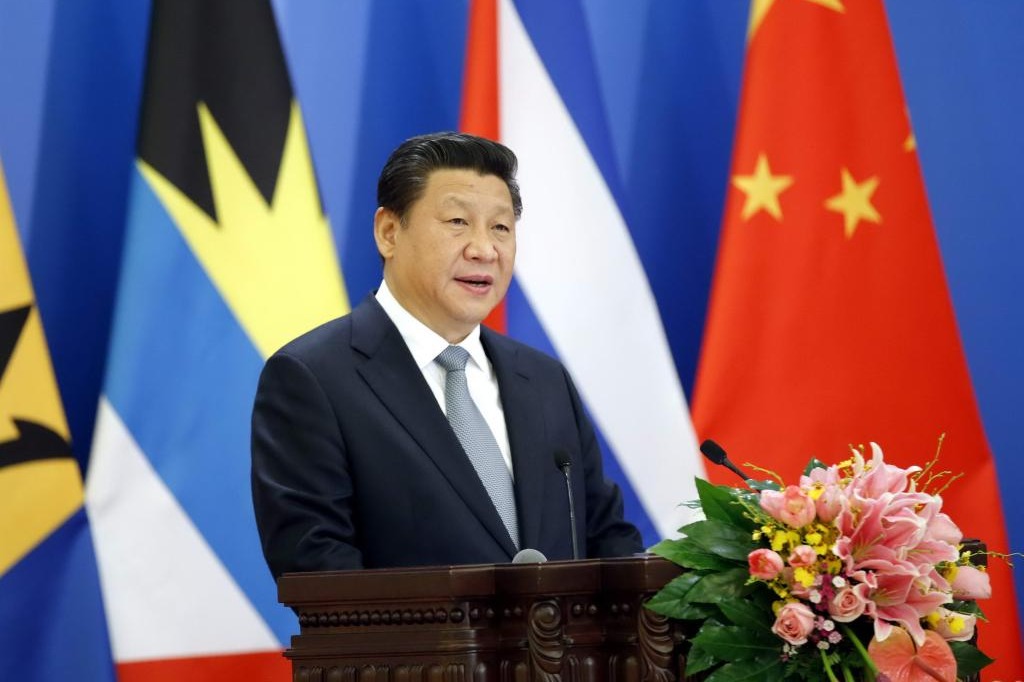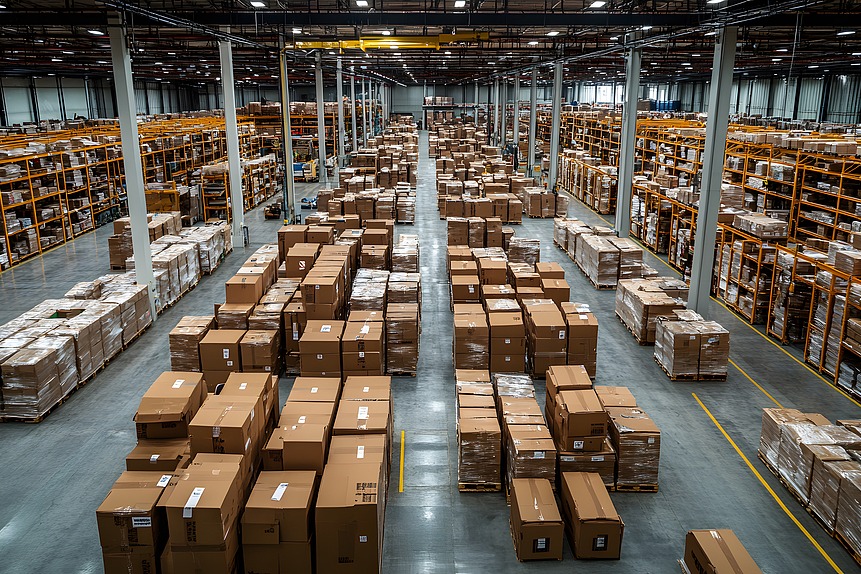TSMC a tool in tech crackdown on China: China Daily editorial


The United States has been ramping up its economic bullying targeting the Chinese mainland. Its latest move is to demand Taiwan Semiconductor Manufacturing Company halt shipments of advanced chips to customers on the mainland starting on Monday.
The US Department of Commerce reportedly sent a letter to TSMC imposing export restrictions on certain sophisticated chips, of 7-nanometer or more advanced designs, that power artificial intelligence accelerator and graphics processing units. As a result, TSMC, the world's largest contract chipmaker, said it will stop sending the products to the mainland and it will review orders from customers there to make sure they comply with US restrictions.
Washington has tried for years to keep advanced chips from mainland companies on the false grounds that they could pose threats to US national security. It has previously prohibited US companies such as Nvidia from selling advanced AI chips to the mainland, and asked Japanese and Dutch companies to stop selling to the mainland the specialized machines used to manufacture the chips.
That TSMC has this time responded to the US' sales ban request in the shortest time possible reflects how desperately the company seeks to prove to Washington that it is a reliable and cooperative partner of the US at a time when Donald Trump is preparing to enter office as the US president for the second time. Trump a few months ago accused Taiwan of "stealing" the US' chip industry, and said that upon his return to office he would impose tariffs on Taiwan chips. A person close to TSMC said its latest move was "definitely designed to underscore that we are the good guys and not acting against US interests".
TSMC has in fact always been ready to do Washington's bidding, even at the expense of its own interest. The company's revenue from mainland companies has been nearly cut in half since the US started to crack down on chip exports to the mainland. In 2019, 20 percent of TSMC's revenue came from the mainland. Last year, it was down to 12 percent.
Yet despite the company's pledge of allegiance, the US regards TSMC as a dispensable tool in its geopolitical game against Beijing, one that can be sacrificed at any moment to serve the US' own interest. A 2021 paper published in The US Army War College Quarterly suggested adopting "a targeted scorched-earth strategy" as the best way to deter the Chinese mainland's reunification effort, by "threatening to destroy facilities belonging to the Taiwan Semiconductor Manufacturing Company". Former US national security advisor Robert O'Brien also advocated for destroying TSMC's fabrication facilities in any future war across the Taiwan Strait. All this should make the producer of most of the world's cutting-edge computer chips realize that even if it toes the US line, it is expendable if Washington deems it necessary to realize its objective of putting the brake on the mainland's development.
The tightened US technology restrictions targeting the Chinese mainland come as the Joe Biden administration is reportedly drafting new rules on foreign exports of chipmaking equipment and planning to add about 120 Chinese companies to the Commerce Department's restricted entity list. Such moves will not only cause further disruptions to the global semiconductor industry and supply chains, but also risk derailing the efforts the two sides have been making to promote and strengthen dialogue and cooperation in the AI sector, as agreed to by the two countries' top leadership.
That telecommunications giant Huawei has basically survived repeated US crackdowns with the development of replacements for Western technology serves to highlight the futility of the US moves. The stepped-up US restrictions on advanced chips will not cripple China's progress in AI technology, but rather they will only serve as an impetus for the country to double down on its self-reliance drive for science and technology.


































